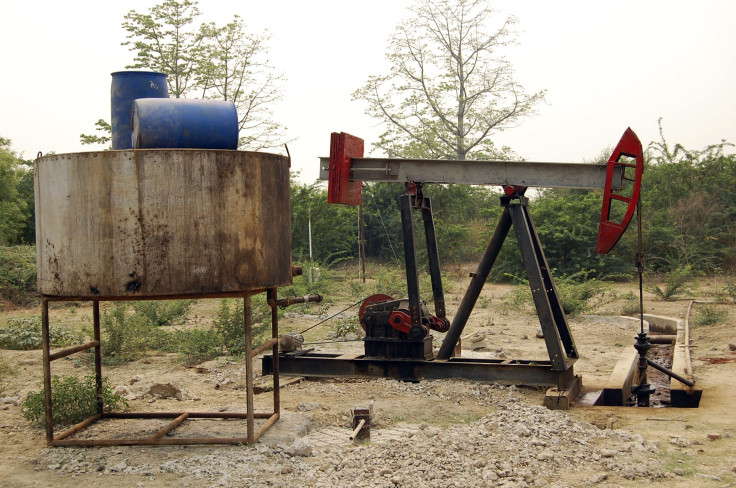Myanmar's Energy Sector Poised For Boom (International Partners Required)

Myanmar could be sitting on as much as 100 trillion cubic feet of untapped natural gas reserves offshore, in addition to its onshore energy wealth. What the Southeast Asian nation doesn't have is experience and expertise, both of which it will have to get from international energy companies.
Of that figure, 20 trillion cubic feet of reserves have already been proven, and the rest are considered “probable and possible” before proper exploration of the deepwater areas have even begun, according to the North Petro-Chem Corporation (Myanmar) Ltd. The company gave a presentation at a recent conference attended by the 61 local and international firms prequalified to bid for blocks in Myanmar, along with other energy players, the Irrawaddy reported on Thursday.
The 18 onshore blocks will be awarded to the highest bidders before the end of the year, while bidding for the 30 offshore blocks will end on Friday, and licenses are set to be awarded early next year.
“The offshore blocks are good incentive for the investors,” said U Aung Kyaw Htoo, deputy director of the Ministry of Energy’s production planning section. “Especially the deepwater blocks — they are untapped, they have never been touched before.”
What has been explored thus far looks promising. The Shwe gas field, which went into operation some weeks ago, has reserves of up to 9.1 trillion cubic feet of natural gas – enough for China to build a $3.7 billion gas pipeline that is now sending gas from Myanmar to China.
But the country is not prepared for modern drilling practices. Myanmar, unaccustomed to modern exploration and extraction practices, is seeking outside expertise to exploit its resource-rich territories. In particular, U Aung Kyaw Htoo said ministry officials have spoken with the U.S. State Department for advice on how to prevent deepwater drilling from causing incidents like oil spills, the Irrawaddy reported.
Multinational energy companies will be relied on to bring their expertise and investment. Among those allowed to bid for the offshore blocks are Total SA (NYSE:TOT), Chevron Corporation (NYSE:CVX), Exxon Mobil Corporation (NYSE:XOM) and Statoil ASA (NYSE:STO), along with Chinese, Japanese and Korean companies.
© Copyright IBTimes 2024. All rights reserved.





















